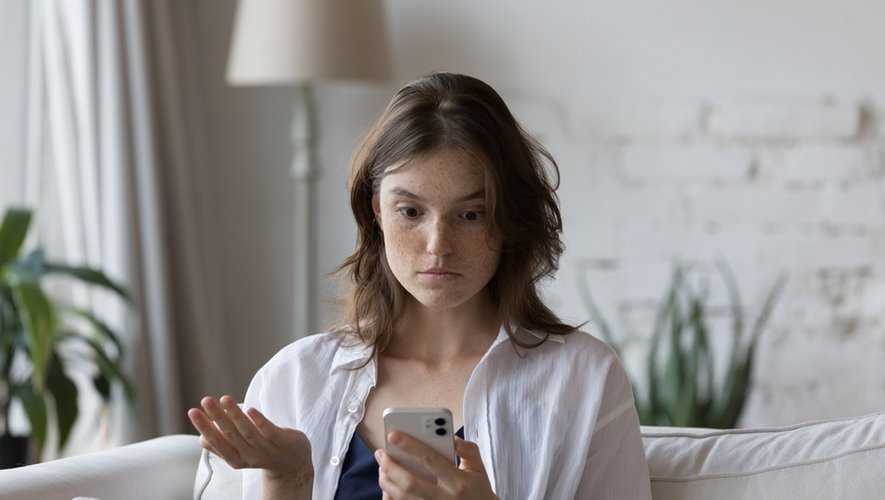Mobile phones are “perhaps the greatest non-drug addiction of the 21st century,” said South African psychology professor Richard Shambare in 2012. The fear of being deprived of this object even has a name: nomophobia!
The term nomophobia comes from the English: “NO MObile phone Phobia”. It all started with a British study carried out in 2012 precisely with the aim of evaluating the possibility of anxiety disorders due to excessive use of mobile phones. Result: more than half (53%) of users claimed to feel “apprehensive” when they lost it or ran out of battery. Or quite simply when their mobile was switched off!
Nomophobia therefore corresponds to this fear of being detached from the connectivity associated with the mobile phone. In a study carried out on the subject in 2019, Dr. Sudip Bhattacharya and his team from the Himalayan Institute of Medical Sciences in Uttarakhand (India) report different signs and symptoms such as “anxiety, respiratory disorders, tremors, perspiration, restlessness”.
Limit, not suppress
However, nomophobia does not seem so easy to diagnose. “Other mental disorders like social phobia, social anxiety and panic disorder can also precipitate nomophobic symptoms,” the Indian researchers continue. “It is very difficult to differentiate if the patient becomes nomophobic due to cell phone addiction. Or if the presence of existing anxiety disorders manifests as nomophobic symptoms.”
In their eyes, “people with the disease become dependent on virtual and digital communications to evacuate their stress generated by social anxiety”. They urge everyone to “restore human interactions and face-to-face connections”. There is no question of banning the cell phone. “We must limit its use rather than ban it because we cannot ignore the power of technological progress,” they conclude.

